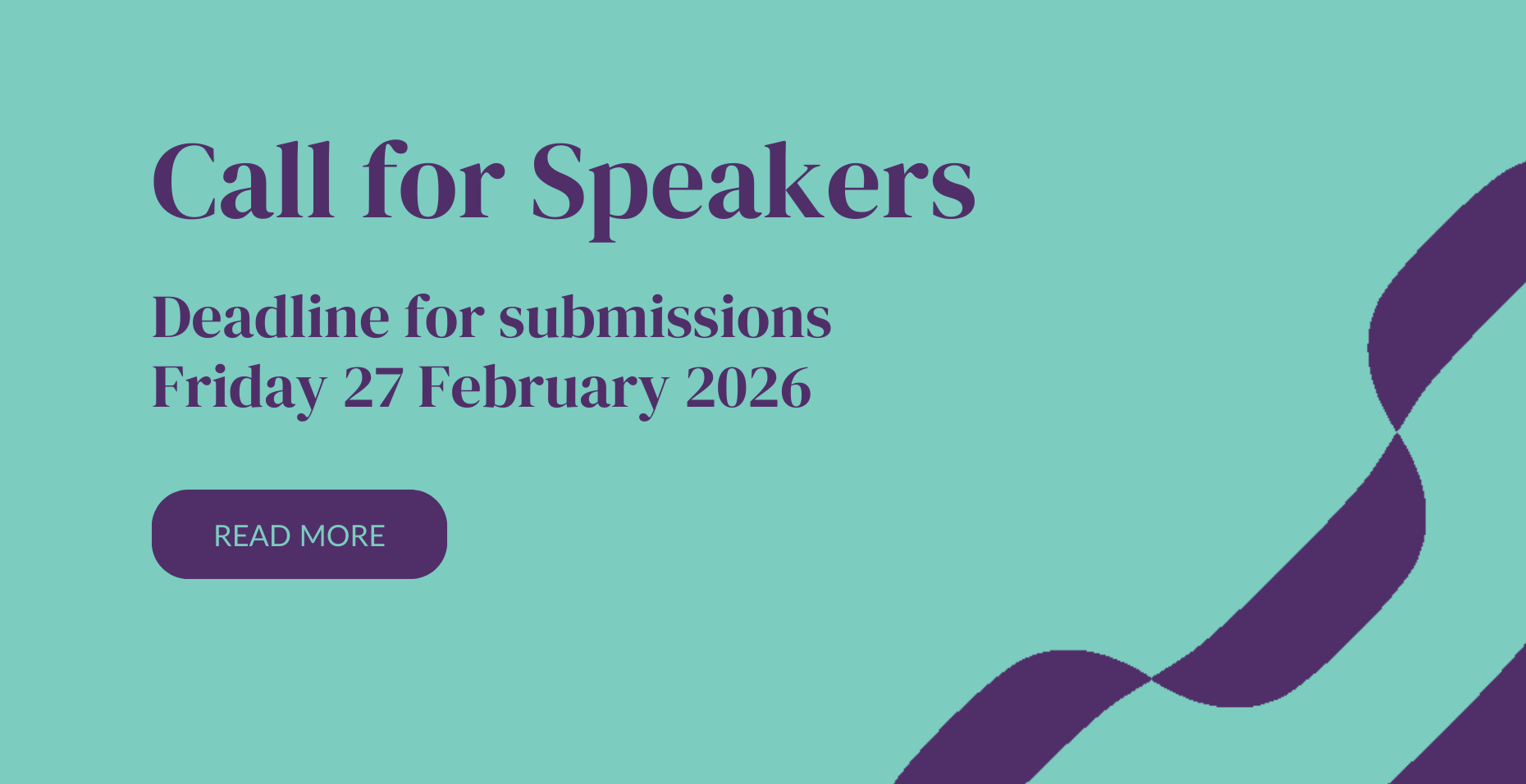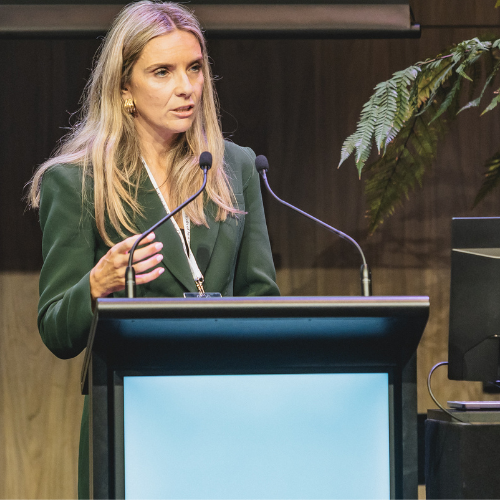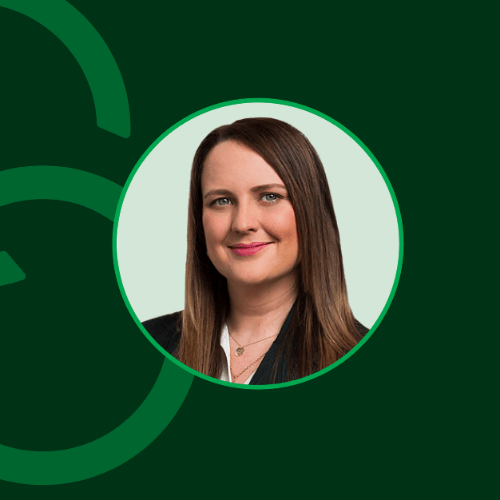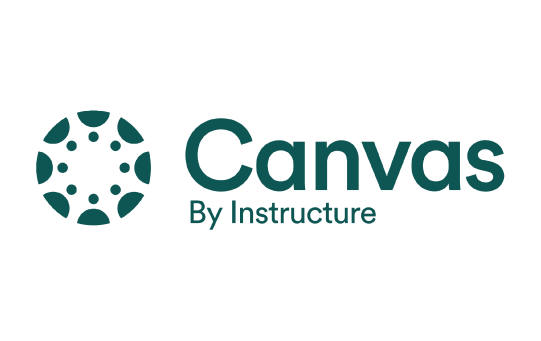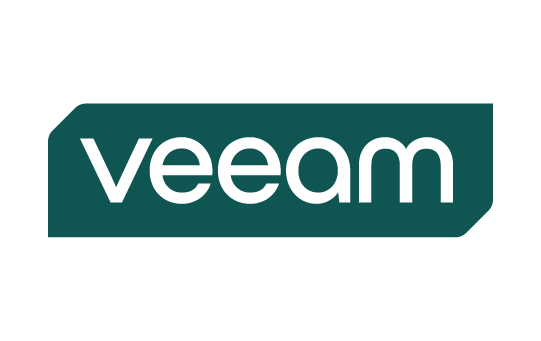Key Links

Courses

Resources
How diverse are ISNZ member schools?
In 2023, 64% of independent school members were Co-educational, and 28% were single-sex, with 41 different cultural backgrounds represented across ISNZ member schools.
How expensive is an independent school?
Independent schools are not just for wealthy families, and students who attend them come from all walks of life. Many families make considerable financial sacrifices to send their children to an independent school. Increasingly fees are paid through multi-generational family support. Some schools offer financial hardship scholarships and bursaries. It is in the best interests of the schools to make their fees as accessible as possible.
A bursary may be offered where the family of a student attending the school is in particular financial need. Bursaries involve some form of fee concession. ISNZ Member Schools have their own policies on bursaries and enquiries should be made to the individual school.
Scholarships are awarded on the basis of merit. In some schools, the number of scholarships awarded each year is not fixed but varies according to the quality of the applicants.
Scholarships are normally open to applicants at particular stages of their schooling, regardless of their background. Selection criteria vary according to the scholarships and may include an examination for an academic scholarship or an audition for a music scholarship. Schools will usually interview scholarship candidates as part of the selection procedure. In some cases, reports on the applicant’s progress over the years are taken into consideration. Scholarships are often intended to provide opportunities for children who might not otherwise be able to attend independent schools.
A scholarship may be offered for full or partial remission of tuition fees for the duration of the student’s schooling, or for a certain number of years. Because some scholarships offered by independent schools have been endowed or given in honour of the school’s centenary or as a memorial, there may be certain conditions attached. Parents whose child is offered a scholarship should discuss the requirements of that particular scholarship with the school.
Parents should contact individual schools early in the year to ascertain details.
How are independent schools regulated (Education Review Office)?
Independent schools are subject to ERO reviews; however, these are different in scope to state and state-integrated schools. For independent schools, ERO will only report on whether a school is meeting the registration criteria as legislated in the Education and Training Act 2020. As a result, ERO reports for independent schools look very different to ERO reports for state and state-integrated schools. Further information can be found here.
What qualifications can students gain at an independent school?
National Certificate of Educational Achievement (NCEA)
NCEA is the main qualification for secondary school students (Years 11-13) in New Zealand. It is a standards-based assessment that combines both internal and external assessments and is widely recognised by employers. It is used for selection by universities and other tertiary education providers in both New Zealand and overseas.
Cambridge Assessment International Education
The Cambridge Pathway is for students aged 5 to 19. Its wide range of subjects and flexibility gives schools the chance to shape the curriculum so that it is exciting and relevant for their students. Cambridge Pathway students have the chance to acquire the knowledge and skills they need to achieve at school, university and beyond. The four stages lead from primary to secondary and pre-university years. Each stage – Cambridge Primary, Cambridge Lower Secondary, Cambridge Upper Secondary, and Cambridge Advanced – builds on the learners’ development from the previous one, but it can also be offered separately.
Five elements lie at the heart of a Cambridge education:
- International curriculum: Schools develop a curriculum that suits their context, culture and ethos, and that they can tailor to their students’ needs.
- Teaching and learning: Professional development for teachers to help them improve their performance and practice throughout their careers.
- Assessment: Assessment of students’ deep subject knowledge, conceptual understanding, and higher-level thinking skills.
- International recognition: Cambridge qualifications are widely recognised by universities and employers worldwide.
- Global community: Cambridge schools belong to a worldwide education community in which they can share views, information and resources and learn from one another.
International Baccalaureate
International Baccalaureate (IB) programmes aim to develop inquiring, knowledgeable and caring young people who are motivated to succeed and who will build a better world through intercultural understanding and respect.
The IB programme:
- Encourages students of all ages to think critically and challenge assumptions
- develops independently of government and national systems, incorporating quality practice from research and a global community of schools
- Encourages students of all ages to consider both local and global contexts
- Develops multilingual students.
- Students are able to take responsibility for their own learning and understand how knowledge itself is constructed; this is further to the IB’s theory of knowledge (TOK) course.
- Students are encouraged to try different approaches to learning and to take responsibility for their own educational progress.
IB programmes also encourage students to be active in their communities and to take their learning beyond academic study.
For more information, visit the IB site.
In addition to the New Zealand Curriculum, International Baccalaureate and Cambridge, several ISNZ member schools have developed their own bespoke curricula to meet the needs of their communities. Examples include specialised curricula focused on entrepreneurship and leadership, curricula that revolve around an awareness of environmental sustainability, and curricula which is dedicated to serving those with high learning needs. These bespoke curricula are designed to provide a well-rounded educational experience within a specific philosophy.
Membership
Join a vibrant community dedicated to educational excellence.
Membership provides access to a wealth of resources including professional development courses, a comprehensive document library, and networking opportunities.









